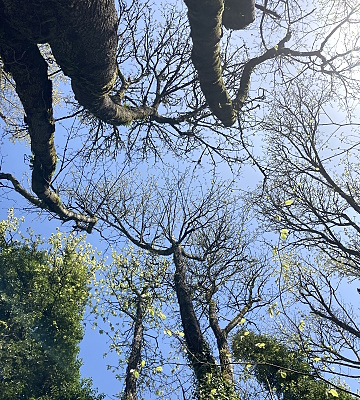 Today's subject is drugs, a word I'm using to include alcohol. There's a set of things that a lot of people say about drugs: they make you numb, they temporarily block the misery of existence, they take you away from reality.
Today's subject is drugs, a word I'm using to include alcohol. There's a set of things that a lot of people say about drugs: they make you numb, they temporarily block the misery of existence, they take you away from reality.My experience is exactly the opposite, and I'm specifically talking about cannabis a few times a week and psychedelics a few times a year. Drugs take me closer to reality. Edges are sharper, sounds are clearer, social situations are more comprehensible. Emotions are stronger, including unpleasant emotions. I get some anxiety from weed but it's worth it for the benefits. Rather than zoning out on the couch, I pack every experience and activity I can into the magic hours before I return to the padded cell of my thick head.
I think this is related to the fact that I don't like alcohol or opioids. I mean, I won't try heroin, but I've had prescription hydrocodone, and after one pill I'm like, nope, the negatives outweigh the positives.
Last week I took my yearly LSD trip. In Pullman I would always walk up the Palouse River. In Seattle I walked around Westcrest Park, an urban forest that has gone long enough without logging to have trees you can't reach halfway around. And it was nice, but I still like the river better. I feel like the best part of the forest must be up in the treetops where the sun is.
About the drug, I discovered something crazy. Neither LSD nor psilocybin has ever given me visuals, so I thought, I'll try to jump-start some visuals by imagining something. And I couldn't! LSD gives me aphantasia. A substance known for taking people to dreamland, takes me extra hard into my senses. I've poked around online and can't find anyone else reporting this.
I suppose my point is, a lot of what we think drugs do is really down to individual brains.]]>